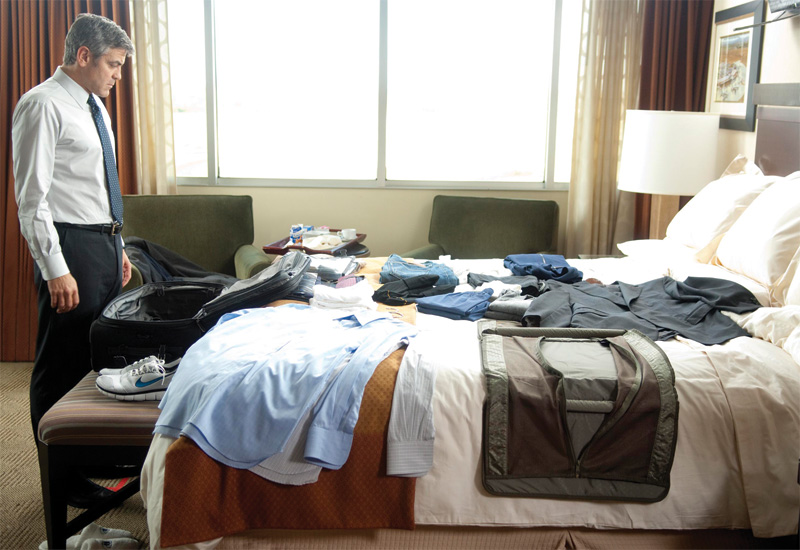 Loyalty programme addict and Hilton HHonors member, Up in the Air?s Ryan Bingham, better known as George Clooney: as a frequent traveller, one would t
Loyalty programme addict and Hilton HHonors member, Up in the Air?s Ryan Bingham, better known as George Clooney: as a frequent traveller, one would t
Targeted marketing
Maritz makes a valid point, for loyalty programmes are not there simply to reward guests, but to build a relationship with them. They enable hotels to understand their guests in detail and therefore, to ensure more tailored marketing and a differentiated loyalty proposition.
“The loyalty programme provides us with the opportunity to continue a dialogue with our customers even when they are not in our hotels,” says Strachan.
“Our online platforms provide interaction and assistance. If you visit marriottrewards.com you will find a Marriott Rewards online community. The programme also provides us with the data to have a much more relevant marketing conversation with our customers”.

| Advertisement |
Maritz expands: “Loyalty initiatives operate at multiple levels. Its biggest value story is in the data it collects. The loyalty programme encourages customers to identify themselves, which then gives marketers the ability to capture and analyse purchase and behavioural data.
Analysing this data enables you to understand the total value potential of individual customers, both in their professional and personal life. It helps you evaluate the opportunity to get a greater share of each customer’s (and potentially their family’s) requirement.
“Unlike traditional marketers who think market share, loyalty marketers think share of requirement or potential (i.e. what potential the member has and how can I divert this to my brand),” he says.
“With these insights the marketer is then able to direct timely, relevant communications and allocate dollars towards surprise and delight experiences. This in turn results in higher measureable customer spend.
“Equally so, members see loyalty programmes as a rational “value (rewards and benefits) exchange” and as long as this value is apparent, the programme will influence customer behaviour positively,” explains Maritz.
The real key to success, however, comes back to the fact that the hospitality industry is a service industry and as a result, the guest experience once they are actually in the hotel is all important.
If the service is terrible, the room uncomfortable and the food disappointing, even your gold or platinum members — Ryan Bingham aside — are unlikely to come back.
As Strachan puts it: “We operate great hotels. It all starts there. Let’s be honest, if we are not running great hotels, no amount of loyalty programmes will ensure a guest stays again and again and again”.








 Search our database of more than 2,700 industry companies
Search our database of more than 2,700 industry companies









